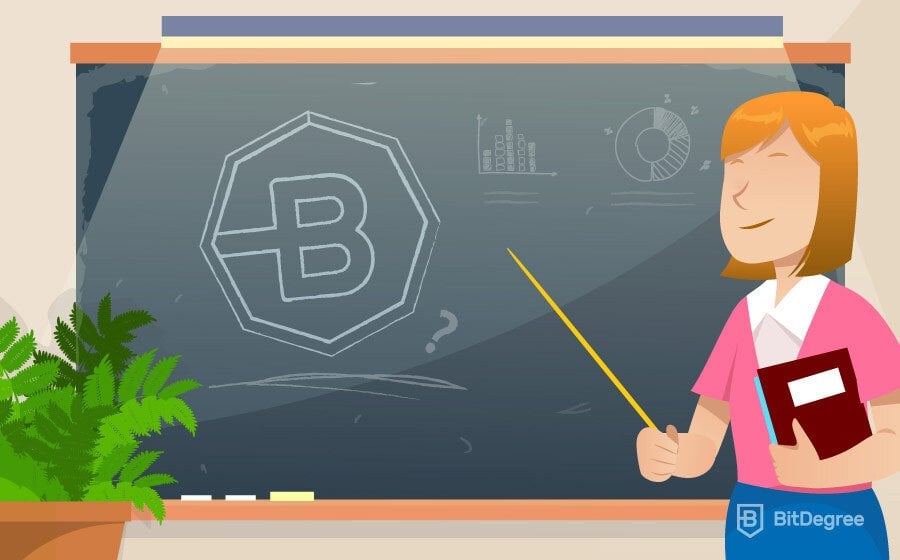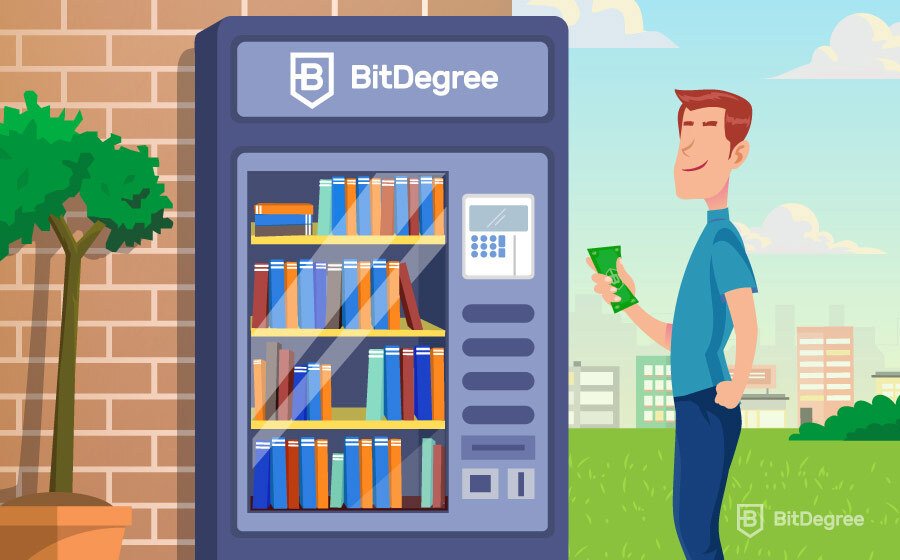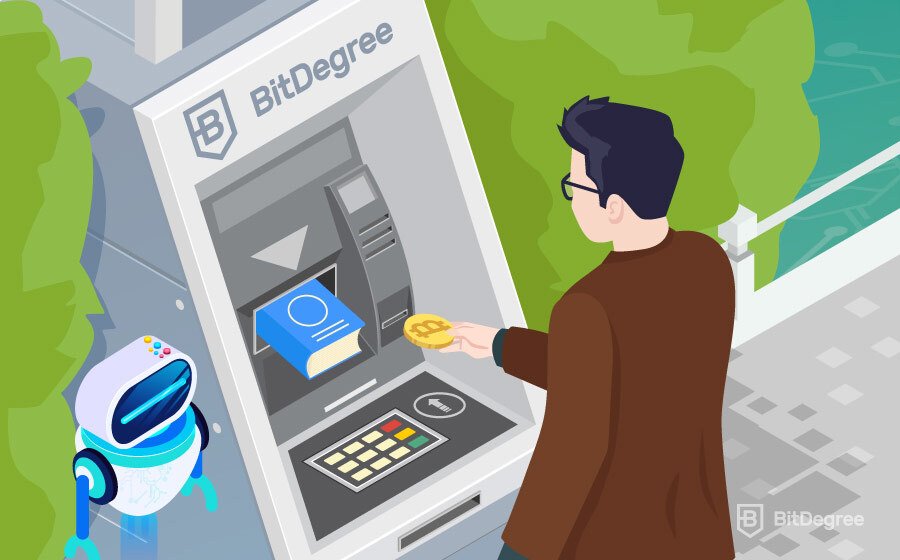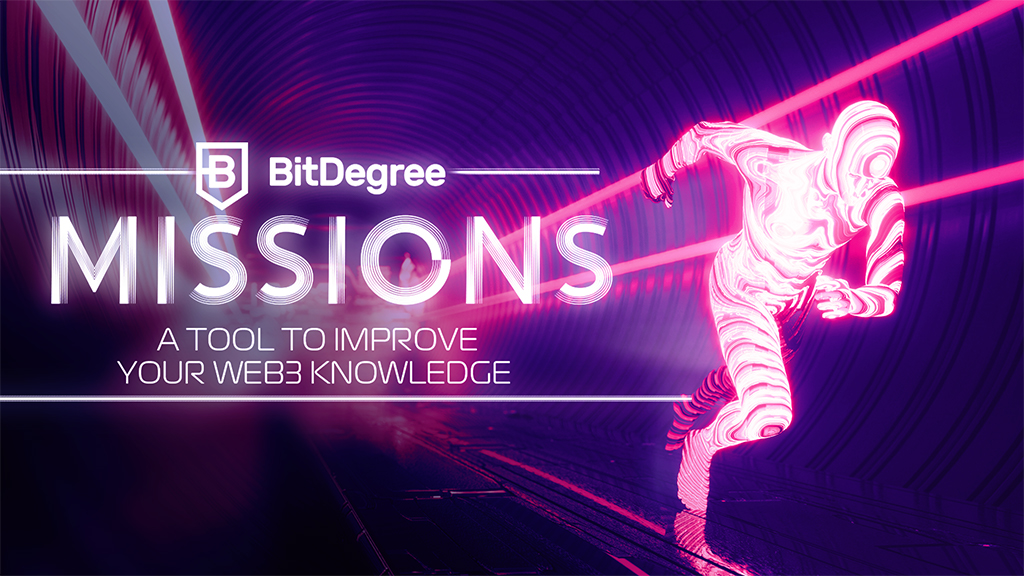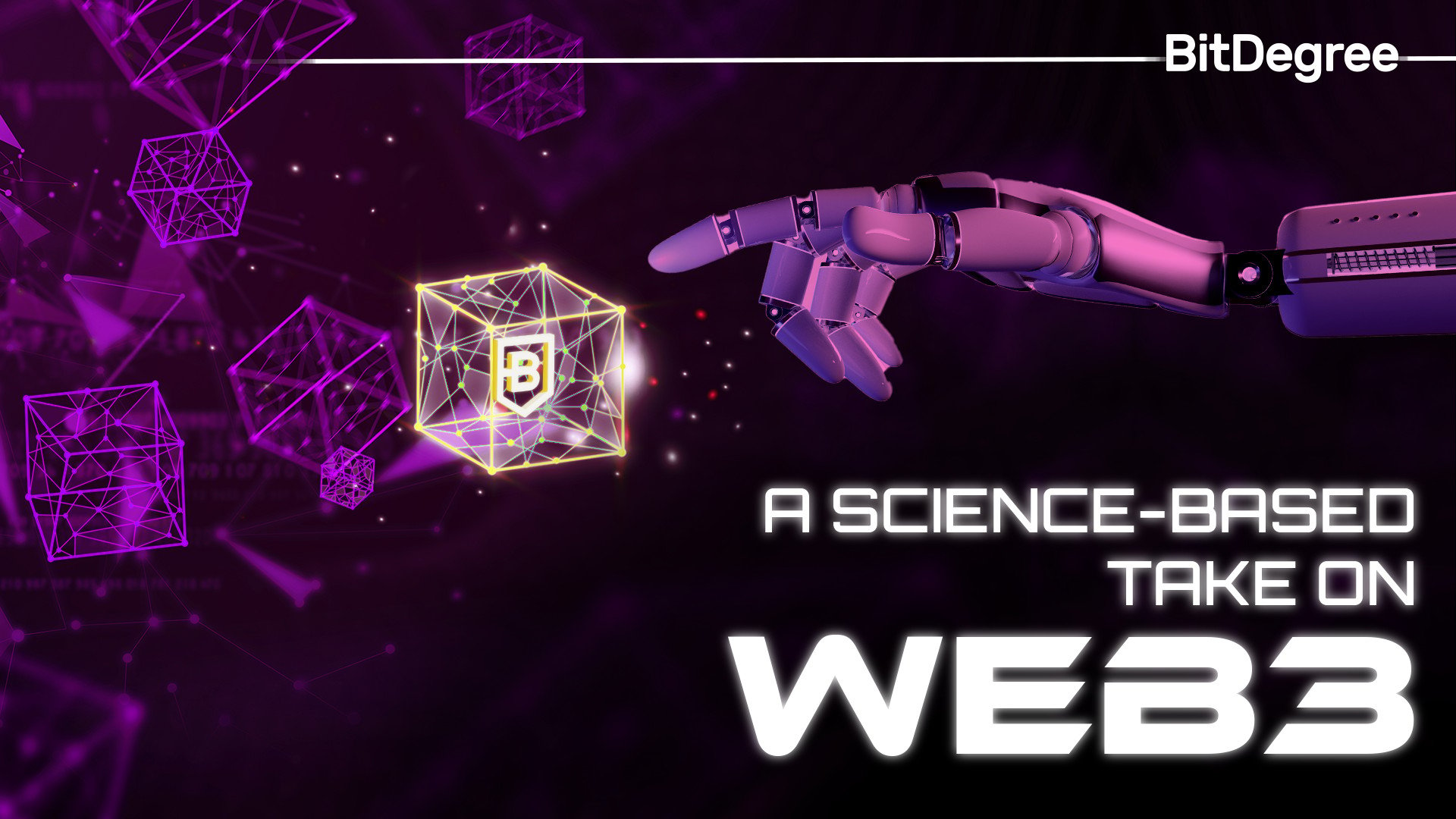What Does the AWS Cloud Practitioner Certification Mean?
As the world’s most prominent cloud service provider, AWS offers 12 distinct cloud certifications that act as proof of expertise. There are four different tiers of these credentials: Foundational, Associate, Professional, and Specialty (the last three are role-based and highly specialized).
The Foundational level only offers one certification called AWS Certified Cloud Practitioner (or AWS CCP for short). It’s only natural: whatever cloud computing role you decide to get trained for once you get to know the platform, the basics are the same for everyone. It’s just like at school: we all must learn to read, write, and count, whether we plan to be a programmer, a painter, or a hairdresser once we grow up. The AWS Cloud Practitioner certification is often acquired prior to an Associate or Specialty-level (esp. Advanced Networking, Security, and Database) certification.
A person who holds an AWS Cloud Practitioner certification has a firm grasp on:
- The idea behind the AWS Cloud and its value proposition
- AWS’s core services (including common use cases)
- The global infrastructure of AWS
- The architectural principles of AWS
- AWS account management
- Deploying and operating in the AWS Cloud
- AWS security and compliance (including the shared responsibility model)
- AWS pricing and billing
- Using AWS documentation and finding technical assistance
As you can see, an AWS Cloud Practitioner is not yet ready to start working as a, let’s say, cloud engineer or cloud solution architect. And yet, if they put their mind to it, they can achieve this goal a lot faster, as they have a steady foundation of cloud knowledge laid already.
How Can You Become an AWS Cloud Practitioner?
The process of obtaining the AWS Cloud Practitioner badge is pretty straightforward: you need to pass the certification exam that consists of single-choice and multiple-choice questions. You have 90 minutes, and the passing threshold is 700 (out of 1000). As of 2021, the exam is available in five languages: English, Simplified Chinese, Japanese, Korean, and Indonesian (Bahasa).
There are no penalties for guessing: you get points for correct answers and no points for the wrong ones. A skipped question counts as answered wrongly. When it comes to multiple-choice questions, you need to pick all the correct answers to get the score: if you get, let’s say, 2 out of 3 right, don’t expect any kind of a partial score!
It’s also important to remember that you can mark (flag) questions and return to them later. Don’t waste your time dwelling on something you’re unsure of: answer the clear questions first, and then focus on the harder ones. You can also review all your answers before you submit the exam.
The AWS Cloud Practitioner exam (CLF-C01) is shaped around four domains:
- Cloud Concepts (26% of the exam)
- Security and Compliance (25%)
- Technology (33%)
- Billing and Pricing (16%)
You are not required to pass all the sections to pass – what matters is the overall score. If you, let’s say, ace all the questions that refer to the first three domains and none about billing and pricing, you can still have enough points to get certified in the end.
There are two ways to take the AWS Cloud Practitioner exam. You can do it at a designated testing center (as of 2021, there are 5000+ of them operating in over 180 countries) or take an online proctored exam at home (or, let’s say, your office). You can learn more about both options in this guide.
Maximizing Your Changes to Excel
Taking the AWS Cloud Practitioner exam is not something you would want to repeat over and over. Not only does it take 90 minutes (not including the time you need to get to/from the exam center or set up a suitable place in your home!) and require a ton of focus, but it also costs $100.
What can you do to make sure you pass yours on the first try? Let’s see a few practices that are commonly described as helpful strategies for exam-takers:
- Don’t start making decisions and conclusions until you read the question and all the answers in full
- Some answers might be so wrong it’s obvious at the first glance – eliminate them first to narrow down your selection
- Pay close attention to the AWS features and qualifying clauses defined in the questions
The AWS official website states you are recommended to have ‘at least six months of experience with the AWS Cloud in any role’. Is it true? It would be helpful, sure – but it’s very far from a must. If you looked into forums and discussion boards, you’d notice most people swear training for the AWS CCP exam took them a month at most. The most crucial things were dedication, enthusiasm, and well-chosen learning materials.
Here are a few tips that might help you get certified sooner and kickstart your career faster:
- Enroll in an exam-focused AWS Cloud Practitioner training course – with all the necessary information collected and presented in one place, you will not miss any crucial details and learn as effectively as possible
- Before you register for the real deal, test your knowledge with practice exams – they’re a lot cheaper, so they come with less risk, and you get a clear idea on which topics you should be spending more time on
- Explore the platform using the AWS Free Tier – it will help you get a much stronger understanding on the core services without spending any cash.
For more tips on how to learn AWS, have a look at this guide, where we discuss all the most common learning methods and techniques, weighing their pros and cons!
Entering the Job Market as an AWS CCP
Let’s face it: most of us seek IT certifications to help us find a better job, get a promotion or a raise. It’s not something you would do for a hobby – plus, it requires a little investing. So, what exactly are the jobs and salaries you can expect to get once you’re certified?
Speaking of AWS Certified Cloud Practitioner salary, it’s certainly not too shabby: in 2020, it was named the #8 best-paying IT certification in North America with a yearly average of $131,465. According to Global Knowledge, their respondents’ most likely job role was a software or solutions architect (it’s important to note most of them were also cross-certified, though). Nevertheless, these are far from the only AWS Cloud Practitioner jobs you might find.
Knowing your way around the cloud can also be useful in certain non-IT roles, including but not limited to those in finances, management, and marketing. However, this is where discussing the AWS Certified Cloud Practitioner salary expectations might get tricky, as the averages vary incredibly in those fields (not to mention they usually have way more requirements than knowing AWS)
And yet, you shouldn’t let the fact that the numbers are harder to predict scare you away. Whichever of the various AWS Cloud Practitioner jobs you pick, it’s most likely to help you earn a lot more than the nation’s average – especially if you can offer stellar performance.
Ready to Start Preparing?
Obtaining an AWS Cloud Practitioner certification is a great way to demonstrate your cloud expertise, as well as earn more recognition, visibility and credibility in the job market. To an employer, certified staff typically means better performance, less risks and training expenses, and, most importantly, more satisfied customers,
Think about it: if you start learning with an expert-made AWS Cloud Practitioner training course like this one today, you could already be a certified professional at this time next month. Don’t postpone professional growth – start learning today and get ready to master the cloud!



